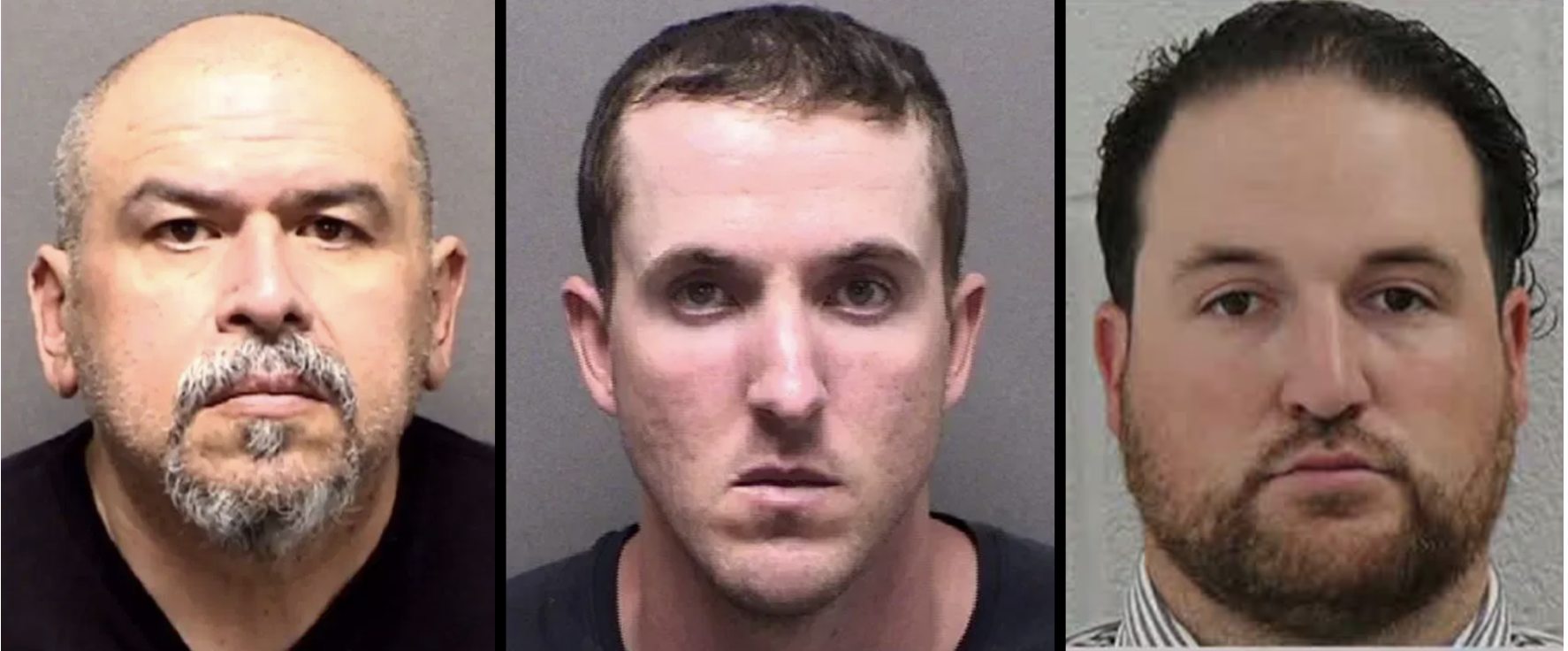A lawsuit against the City of Austin over campaign finance rules could make it to the US Supreme Court.
Don Zimmerman, a former Austin city councilman, filed the lawsuit in 2015, seeking to end the city’s onerous campaign finance restrictions which set a blackout fundraising period outside of the six months leading up to election day, a disgorgement provision that required all unspent campaign funds to be spent or donated to charity shortly after the election, and a $350 limit on personal donations.
After trial in district court in December 2015, the blackout period and disgorgement provision were both permanently enjoined, leaving only the $350 donation limit in place.
The case then went to the Fifth Circuit Court of Appeals, where the limit was upheld.
Now the Supreme Court of the United States has requested a response from the City of Austin for Zimmerman’s appeal to the high court, a move Zimmerman’s attorney, Jerad Navjar, characterized as an encouraging sign.
“This is significant,” said Najvar. “The call for a response comes after each Justices’ chambers has preliminarily reviewed the case, and indicates it caught the attention of at least one Justice or the Justice’s clerks.”
Two First Amendment advocacy groups, The Public Policy Legal Institute and Institute for Free Speech, have filed amicus briefs with the court asking the court to hear the case and strike down the provision.
While the odds are still low for any case to be heard by the Supreme Court, the request by the court for a response statistically changes the likelihood from 3.5% to 17%, but statistics aside, the Supreme Court may want to consider the case due to the passage of similar laws along the West Coast.
“There are a few reasons we believe the base limit is unconstitutional,” said Najvar, “but perhaps the centerpiece of this challenge that may interest the Court is that, despite the Court’s recent reiteration in McCutcheon that the right to make political contributions is fundamental, and that limits on such rights deserve rigorous scrutiny, the courts are still reluctant to scrutinize base limits with even the same rigor applied in reviewing limits on commercial speech.”
The response from the City of Austin is due by September 13.





